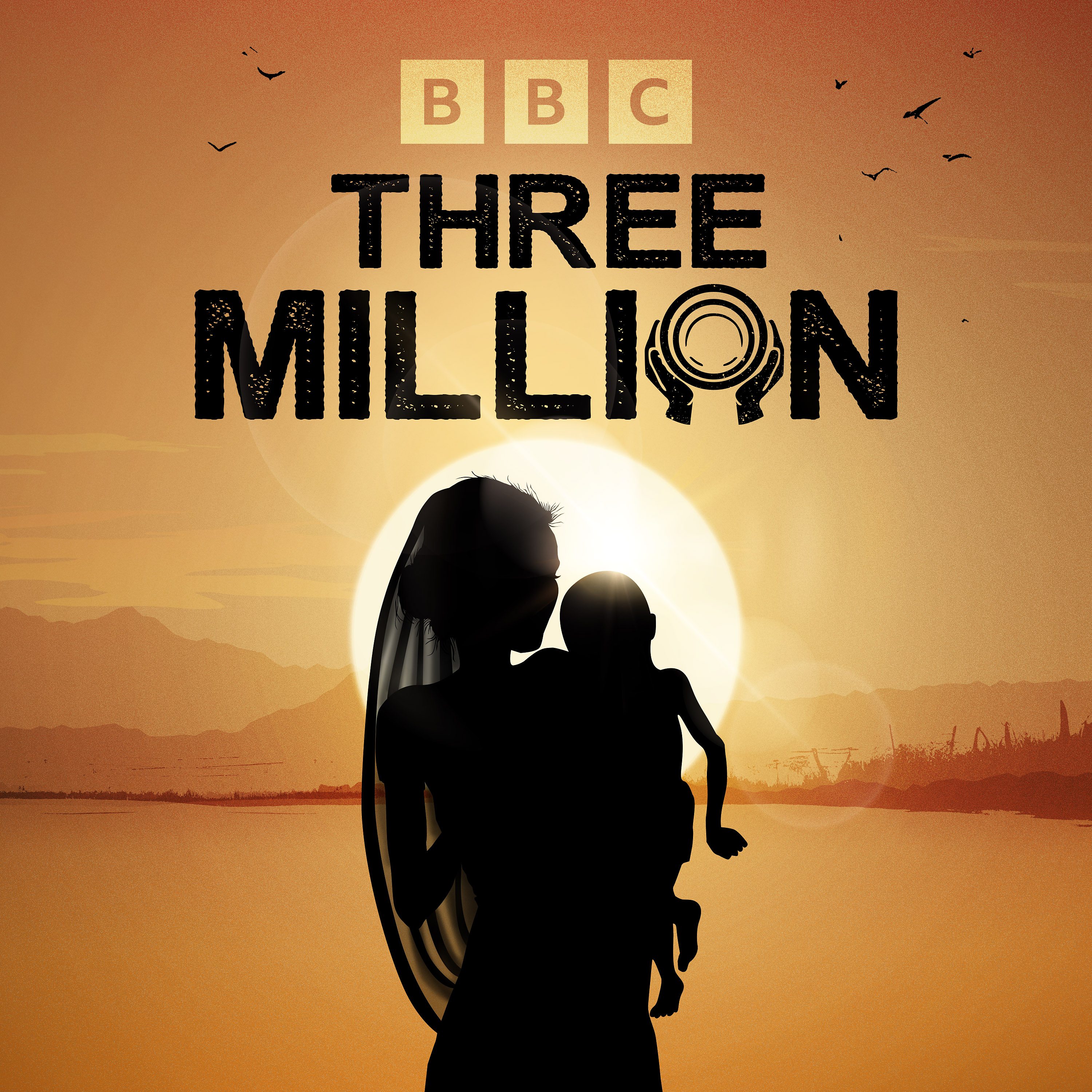1. War
Description
During the Second World War, at least three million Indian people, who were British subjects, died in the Bengal Famine. It was one of the largest losses of civilian life on the Allied side. But there is no memorial to them anywhere in the world - not even a plaque. Can three million people disappear from public memory?
From the award-winning creator and presenter of Partition Voices and Three Pounds in My Pocket, this is the story of the Bengal Famine of 1943. For the first time it is told by those who were there - farmers and fishermen, artists and writers, colonial British and everyday citizens. Nearly all of the testimony in the series has never been broadcast before.
Eighty years on, those who lived through it are a vanishing generation. Time is running out to record their memories.
We begin in 1942. As the Japanese sweep through South East Asia, Calcutta (now Kolkata) is inundated with hundreds of thousands of Allied soldiers from all over the world. Fear of a Japanese invasion of British India provokes a consequential decision.
Presenter : Kavita Puri
Series Producer: Ant Adeane
Editor: Emma Rippon
Sound design and mix: Eloise Whitmore
Production Coordinators: Maria Ogundele and Sabine Schereck
Original music: Felix Taylor
With thanks to Dr Janam Mukherjee, Professor Joya Chatterji and Dr Diya Gupta.
Interviews with American soldiers courtesy of The National World War II Museum, New Orleans https://www.nationalww2museum.org/
Interviews with G S Khosla and Debotosh Das Gupta courtesy of the University of Cambridge
Major General Dharitri Kumar Palit interviewed by Gillian Wright, 1987, British Library reference C63/195/09. Audio © British Library Board and the interviewee. The British Library has been unable to locate the family of the interviewee. Please contact [email protected] with any relevant information.
More Episodes
Published 06/12/24
Published 03/11/24
The Bengal Famine, particularly the experiences of people in the rural areas who suffered the most, is not well remembered today. There is no memorial, museum, or plaque to the victims or survivors anywhere in the world.
One man has made it his life’s work to record their testimonies with paper...
Published 03/11/24


